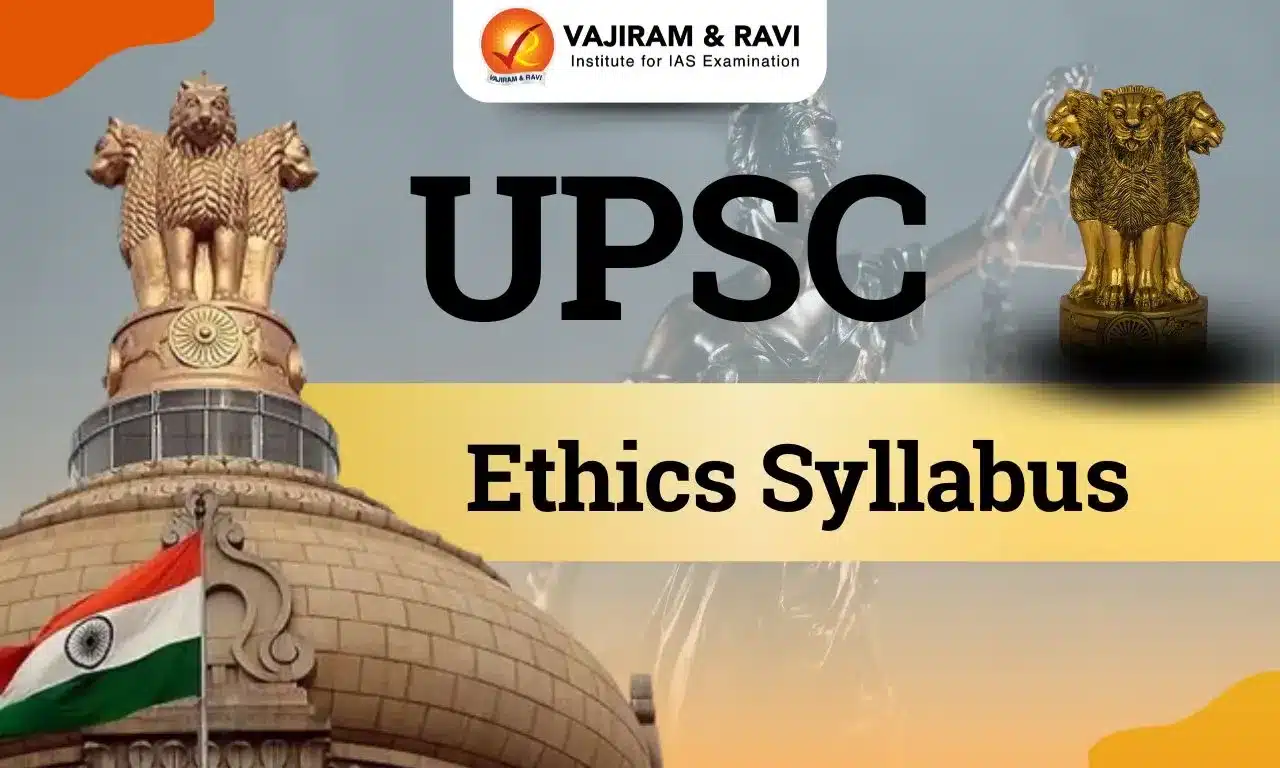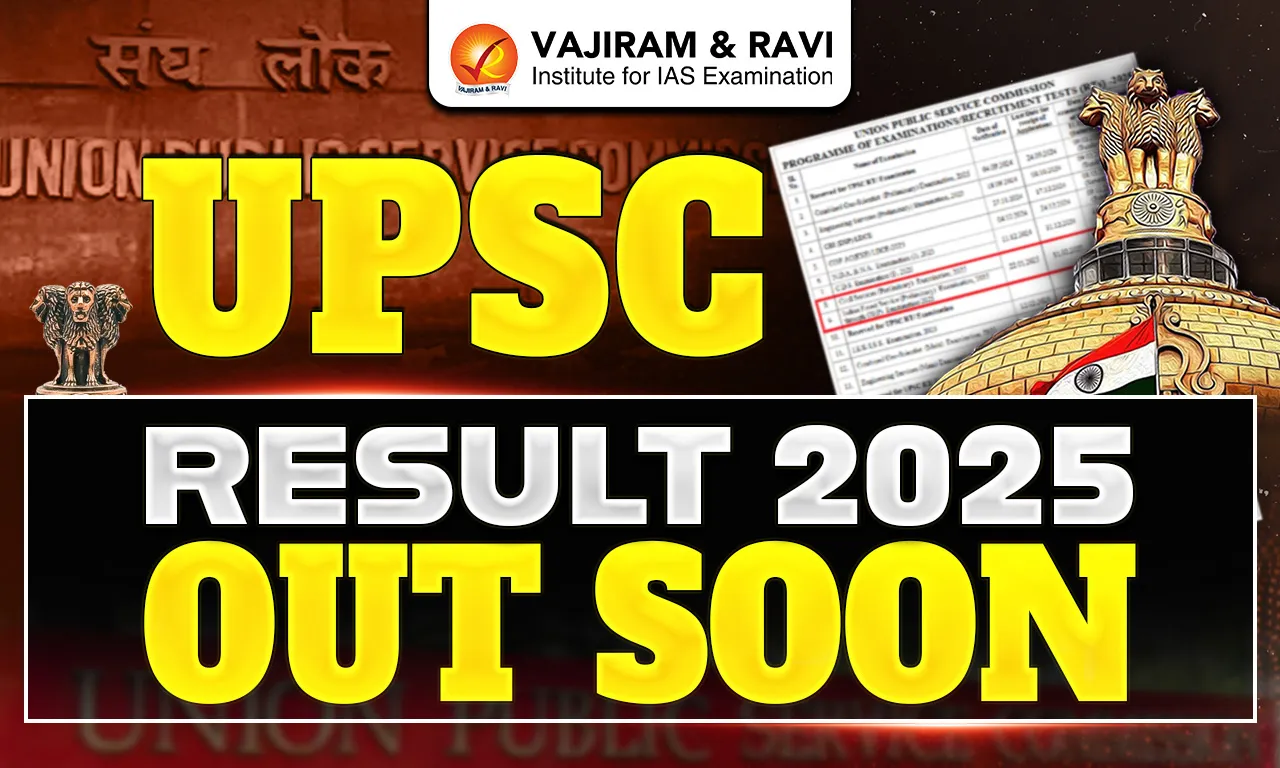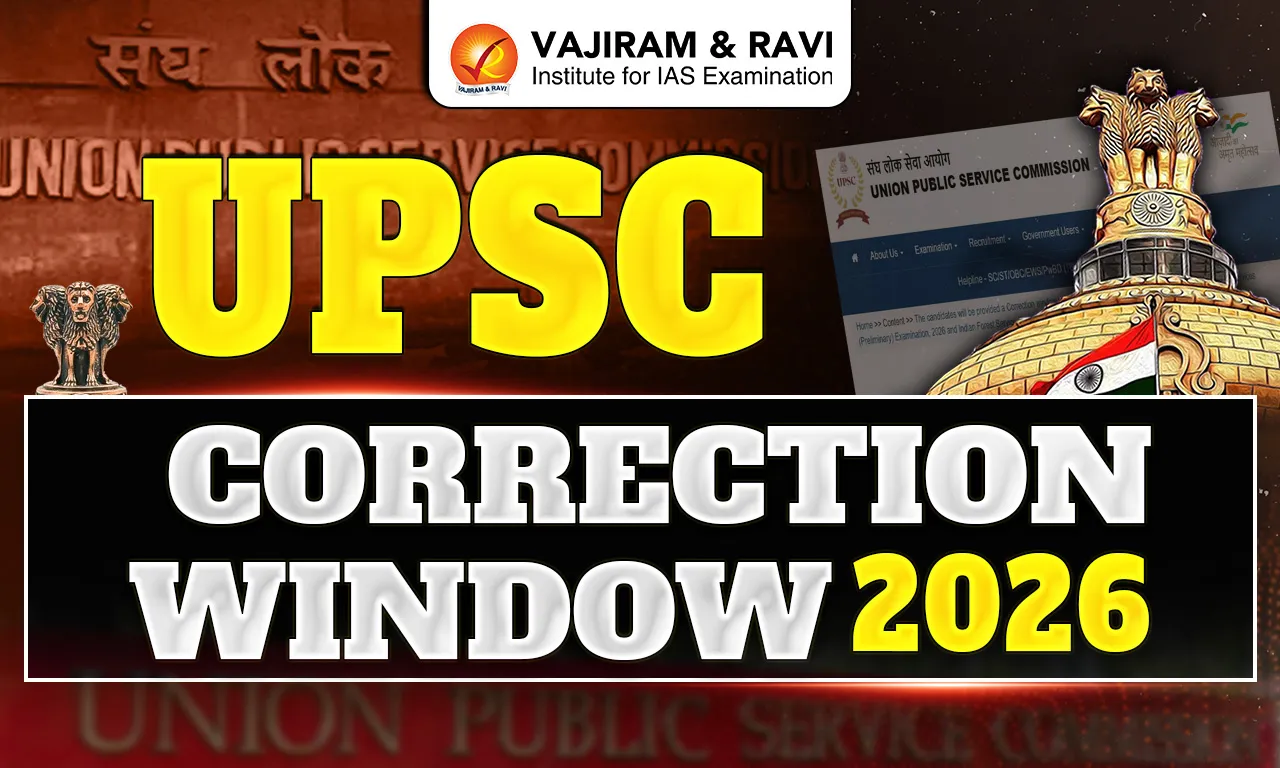The UPSC Ethics syllabus covers a wide range of topics that revolve around the concept of ethics in public administration. This GS Paper-IV aims to assess the candidate's understanding of ethical principles, moral values, and their ability to apply ethical considerations in various situations.
UPSC General Studies Paper 4: Ethics, Integrity and Aptitude
The Ethics paper in the UPSC Mains examination is part of the General Studies Paper IV (GS Paper IV). It is designed to evaluate the ethical and moral dimensions of a candidate's personality and decision-making abilities. The paper aims to assess how a candidate is likely to behave in different professional and public service situations.
The questions may adopt a case study approach to evaluate these aspects.
UPSC Ethics Syllabus
The Ethics Syllabus in the UPSC Mains examination is crucial for assessing a candidate's character, values, and ethical decision-making abilities. It emphasizes the importance of ethical behavior in public administration and the civil services. Aspirants are expected to approach this paper with a strong understanding of ethical concepts and their practical application in the context of public service.
| Topics | Subtopics |
| Human Interface and Ethics |
|
| Probity in Governance |
|
| Civil/Public Service Values and Ethics in Public Administration |
|
| Attitude |
|
|
|
|
|
|
|
|
|
Structure of UPSC Ethics Syllabus
The UPSC Mains Examination Ethics paper, also known as General Studies Paper IV or GS Paper IV, is designed to assess the ethical and moral dimensions of a candidate's personality and their ability to apply ethical considerations in various situations. The structure of the UPSC Ethics paper typically follows this pattern:
Section-A: Ethics and Human Interface (125 marks)
- Understanding ethics in human interactions.
- Emotional intelligence and its application in administration and governance.
- Contributions of moral thinkers and philosophers to ethical thought.
- Dimensions of ethics and values in public administration.
- Ethical issues in international relations and funding.
Section-B: Attitude (125 marks)
- Attitude: Content, structure, function, its influence, and relation with thought and behavior.
- Moral and political attitudes.
- Social influence and persuasion.
- Personal and professional ethics.
- Emotional intelligence and its components.
Case Studies: In addition to the direct concept-related questions, the paper includes case studies that test the candidate's application of ethical principles and values to real-life situations. These case studies involve decision-making in complex and practical scenarios, where the candidate is required to demonstrate their ethical judgment, integrity, and aptitude for problem-solving.
The total marks allotted to the UPSC Ethics paper are 250 marks, and it is mandatory for all candidates to attempt all the questions. The paper aims to evaluate not only the candidate's theoretical knowledge of ethics but also their ability to apply ethical considerations in practical scenarios.
Candidates are expected to provide well-reasoned, balanced, and coherent answers to the questions. The answers should reflect a strong ethical foundation and an understanding of the principles and values that govern public administration. Clarity of thought, critical thinking, and a comprehensive understanding of the subject are essential for scoring well in the UPSC Ethics paper.
Last updated on March, 2026
→ UPSC Notification 2026 is now out on the official website at upsconline.nic.in.
→ UPSC IFoS Notification 2026 is now out on the official website at upsconline.nic.in.
→ UPSC Calendar 2026 has been released.
→ UPSC Final Result 2025 is expected to be released soon.
→ Check out the latest UPSC Syllabus 2026 here.
→ Join Vajiram & Ravi’s Interview Guidance Programme for expert help to crack your final UPSC stage.
→ UPSC Mains Result 2025 is now out.
→ UPSC Prelims 2026 will be conducted on 24th May, 2026 & UPSC Mains 2026 will be conducted on 21st August 2026.
→ The UPSC Selection Process is of 3 stages-Prelims, Mains and Interview.
→ Prepare effectively with Vajiram & Ravi’s UPSC Prelims Test Series 2026 featuring full-length mock tests, detailed solutions, and performance analysis.
→ Enroll in Vajiram & Ravi’s UPSC Mains Test Series 2026 for structured answer writing practice, expert evaluation, and exam-oriented feedback.
→ Join Vajiram & Ravi’s Best UPSC Mentorship Program for personalized guidance, strategy planning, and one-to-one support from experienced mentors.
→ Check UPSC Marksheet 2024 Here.
→ UPSC Toppers List 2024 is released now. Shakti Dubey is UPSC AIR 1 2024 Topper.
→ Also check Best UPSC Coaching in India
FAQS on UPSC Ethics Syllabus
Q1. What is the ethics syllabus for UPSC?+
Q2. What is the syllabus of GS 4 Ethics?+
Q3. Which book is good for UPSC ethics?+
Q4. How many days to complete ethics for UPSC?+














